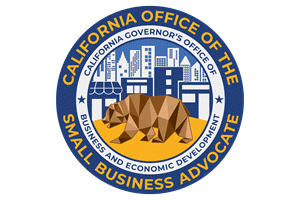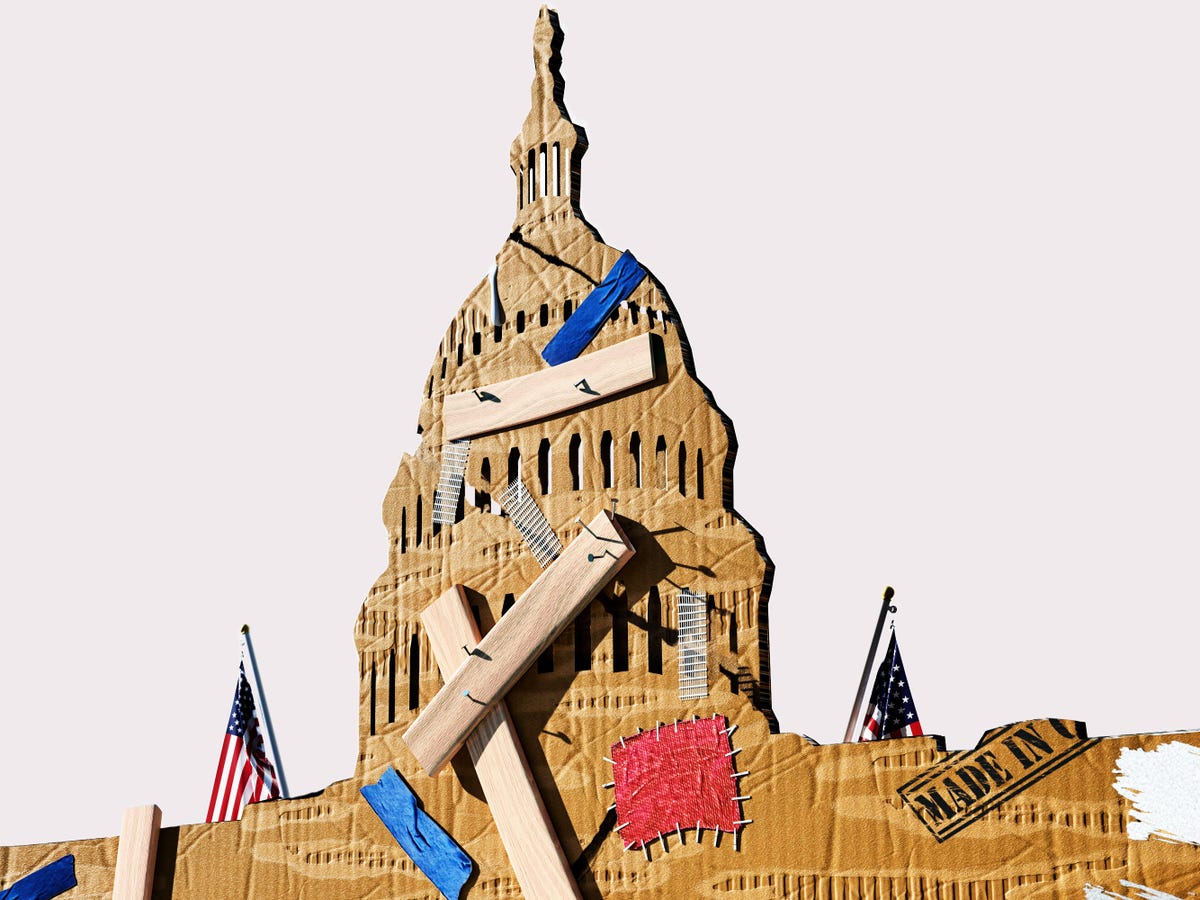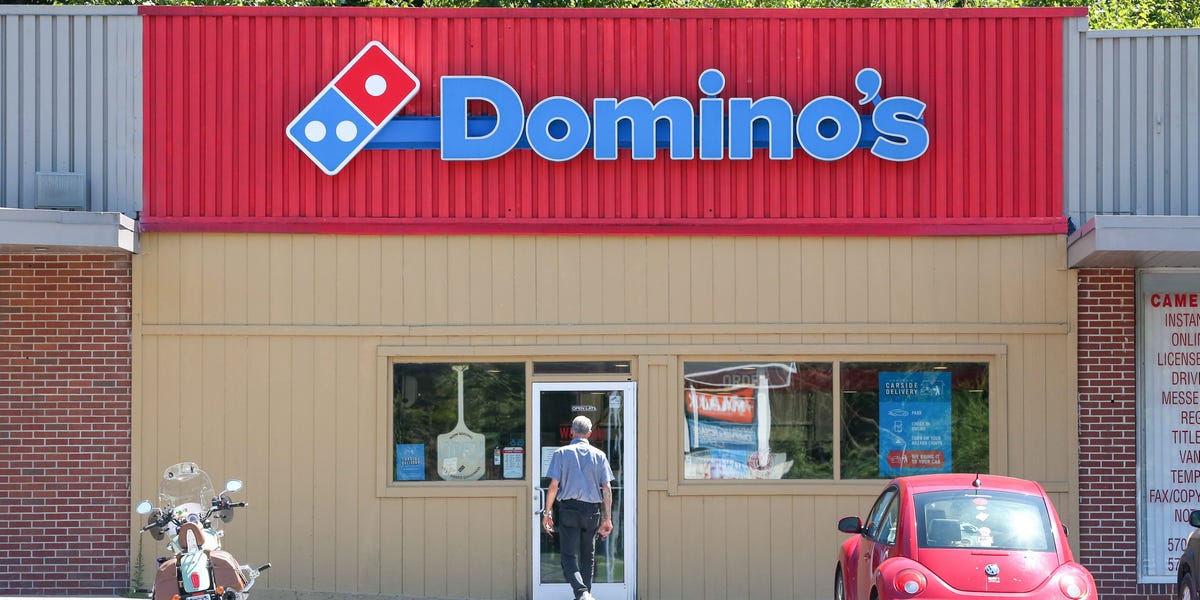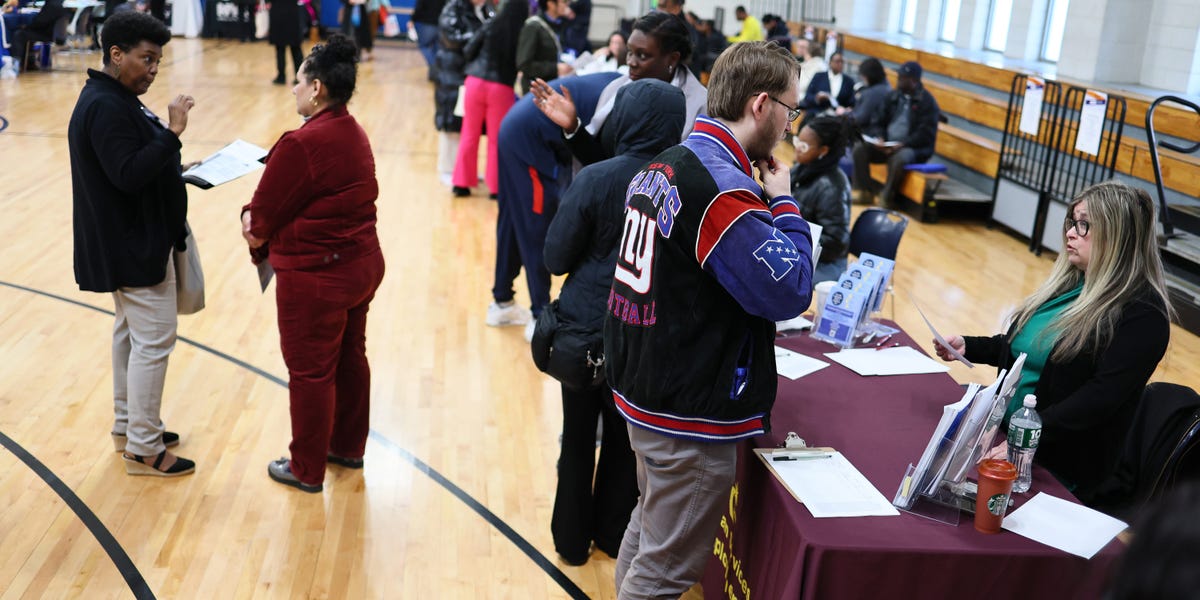Spice of Survival: How a Small Business Battles Trump's Tariff Tsunami
Business
2025-04-04 09:00:00Content

In the vibrant world of spice trading, Burlap & Barrel has carved out a unique niche by sourcing extraordinary single-origin spices directly from small farmers around the globe. However, the company now faces a significant challenge as the Trump administration's tariffs threaten to disrupt its carefully crafted business model.
Founded by Ethan Frisch and Ori Zohar, this innovative spice company has built its reputation on connecting American consumers with exceptional, hard-to-find spices from remote corners of the world. Their mission goes beyond simply selling seasonings; they aim to create direct trade relationships that empower small-scale farmers and introduce food lovers to extraordinary culinary experiences.
But the escalating trade tensions are casting a shadow over their entrepreneurial dream. The proposed tariffs could dramatically increase the cost of importing their carefully curated spices, potentially forcing the company to raise prices or absorb significant financial losses. For a small business built on razor-thin margins and a commitment to ethical sourcing, these trade policies represent a potentially existential threat.
Frisch and Zohar have worked tirelessly to develop relationships with farmers in countries like Afghanistan, Tanzania, and Nicaragua, creating supply chains that prioritize fair compensation and sustainable agricultural practices. Now, they find themselves caught in the crossfire of international trade disputes, wondering how they can preserve their unique business model in the face of mounting economic pressures.
As the spice trade hangs in the balance, Burlap & Barrel stands as a testament to the challenges faced by small businesses navigating the complex landscape of global commerce and shifting political winds.
Navigating Global Trade: How Small Spice Businesses Survive Economic Turbulence
In the intricate landscape of international commerce, small businesses often find themselves caught in the crosshairs of complex economic policies, where global trade tensions can transform entrepreneurial dreams into challenging survival narratives. The story of Burlap & Barrel represents a microcosm of how innovative startups navigate the treacherous waters of international trade regulations and economic uncertainties.When Tariffs Threaten Culinary Innovation and Global Connections
The Entrepreneurial Journey of Specialty Spice Trading
Burlap & Barrel emerged as a pioneering venture in the specialty spice market, challenging traditional import-export paradigms by establishing direct relationships with farmers in remote global regions. Founded by passionate culinary entrepreneurs, the company distinguished itself by creating transparent supply chains that empowered small-scale agricultural producers while introducing American consumers to extraordinary, previously undiscovered flavor profiles. The company's unique business model transcended conventional trading practices, focusing on ethical sourcing and supporting international agricultural communities. By establishing direct partnerships with farmers in countries like Afghanistan, Nicaragua, and Tanzania, Burlap & Barrel created a revolutionary approach to spice procurement that prioritized quality, sustainability, and fair compensation.Economic Policy's Unexpected Consequences
The implementation of international trade tariffs represented a significant potential disruption to the company's carefully constructed business strategy. These economic policies, often designed with broad macroeconomic objectives, could inadvertently create substantial challenges for small, specialized importers like Burlap & Barrel. Tariff implementations typically introduce complex financial calculations that can dramatically alter import costs. For specialty spice traders, even modest percentage increases can translate into substantial price adjustments, potentially rendering certain product lines economically unviable. The delicate balance between maintaining competitive pricing and preserving profit margins becomes increasingly precarious under such circumstances.Adaptive Strategies in Challenging Economic Environments
Confronted with potential economic constraints, innovative companies like Burlap & Barrel must develop multifaceted strategies to maintain operational resilience. This might involve exploring alternative sourcing regions, negotiating more flexible supplier agreements, or developing innovative product diversification approaches. The most successful businesses in such scenarios demonstrate remarkable adaptability, transforming potential challenges into opportunities for strategic reinvention. By maintaining transparent communication with customers, exploring creative financial solutions, and continuously refining their operational models, these enterprises can effectively mitigate the potential negative impacts of sudden economic policy shifts.The Broader Implications for Global Trade
The experiences of companies like Burlap & Barrel illuminate broader narratives about international trade's complex ecosystem. Each tariff, policy modification, or regulatory adjustment creates ripple effects that extend far beyond immediate economic measurements, impacting small businesses, agricultural communities, and consumer experiences. These economic dynamics underscore the interconnected nature of global commerce, where policy decisions made in governmental chambers can profoundly influence entrepreneurial landscapes thousands of miles away. The resilience demonstrated by innovative businesses becomes a testament to human adaptability and economic creativity.Technological Innovation and Economic Resilience
Emerging technologies and digital platforms increasingly offer small businesses sophisticated tools for navigating complex economic environments. Advanced data analytics, blockchain-enabled supply chain tracking, and AI-driven predictive modeling provide entrepreneurs with unprecedented insights and strategic capabilities. For specialty importers like Burlap & Barrel, leveraging such technological innovations can transform potential vulnerabilities into competitive advantages. By developing robust, flexible operational frameworks that can quickly adapt to changing economic conditions, these businesses can maintain their unique market positioning.RELATED NEWS
Business

Empowering Entrepreneurs: Free Webinar Series Launches to Supercharge Small Business Growth
2025-02-20 16:30:27
Business

Nvidia Braces for Impact: China's Tech Crackdown Sends Shockwaves Through Stock Market
2025-03-26 19:21:01






